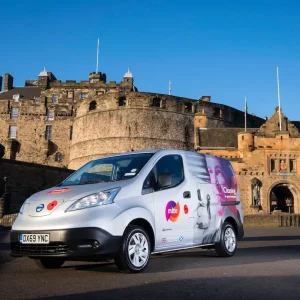What is it about the Brazilian Grand Prix? Over the past few years, we have enjoyed some sensational championship showdown races. Raikkonen versus Hamilton, Massa versus Hamilton, Barrichello and Vettel versus Button. Great racing, nail-biting outcomes, ecstatic winners and, more importantly still, dignified losers.
Who can forget Filipe Massa’s conduct on losing the F1 World Championship for Drivers on the very last corner of the last lap of the last Grand Prix of the season? Never had there been such a close finish to a World Championship season. Massa had done everything he could to wrest the laurels by dominating the race and yet the way he conducted himself when he heard Hamilton had finished fifth not sixth was something that will be remembered for a long-time, especially in the era of modern sport, where sporting values appeared to have long been thrown out of the window.
This Sunday we saw Rubens Barrichello warmly congratulate his teammate and later lend him his private jet to return to the UK. The way the two Brawn teammates battled it out all season long without falling out was equally good to witness. They say they loved each other outside the car but hated each other inside the car. True competitors but ones who valued true friendship.
My most abiding memory of this last weekend, aside from the sensational overtaking and aggression displayed by Jenson Button in becoming the tenth British World Champion, was when Ross Brawn was interviewed immediately after the race.
Displaying more emotion than we have come to expect of the man, he collected himself and immediately recalled all the hard work that had been done over the winter and paid tribute to those unfortunate staff he had to make redundant immediately after the opening race in Australia. He acknowledged their immense contribution and hoped that they could share in the team’s success. Now that’s what I call pure class.
I wrote a blog on April 30 about the lessons to be learned from F1 in good business management. In essence, I drew three conclusions.
- Lesson one: you can get by on the minimum essential resources but you must nevertheless invest for the future.
- Lesson two: you need top people with a good mix of experience to steer the organisation to success.
- Lesson three: you need talent in a team and you need to engender team spirit so that everyone pulls in the same direction.
It seems those three lessons have been very successfully applied at Brawn Grand Prix. With one race to go the team has become the first in F1 history to win the World Championship for Constructors at its first attempt, Jenson Button has become the 2009 World Champion and his team-mate, Ruben Barrichello, currently third could still secure the runners-up spot. For a team, born out of the ashes of the Honda F1 team, that did not know if it had a future and for drivers who looked as if they were unemployed for the season that is quite some achievement. Hats off to everyone at Brawn Grand Prix, including the 270 staff from the original 700-strong workforce, who lost their jobs.





